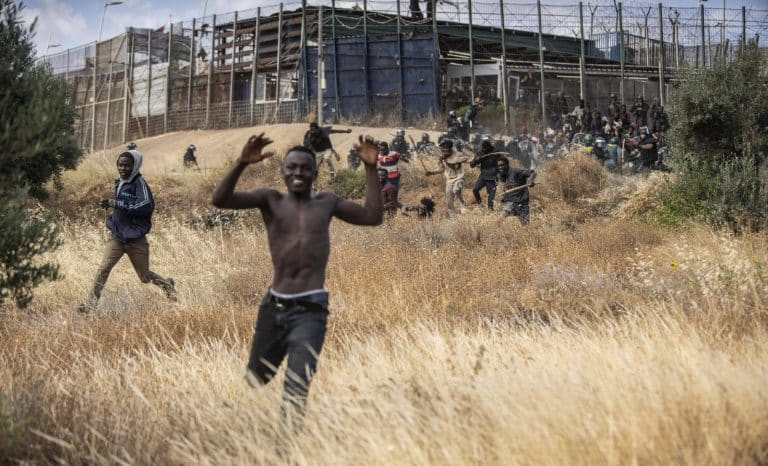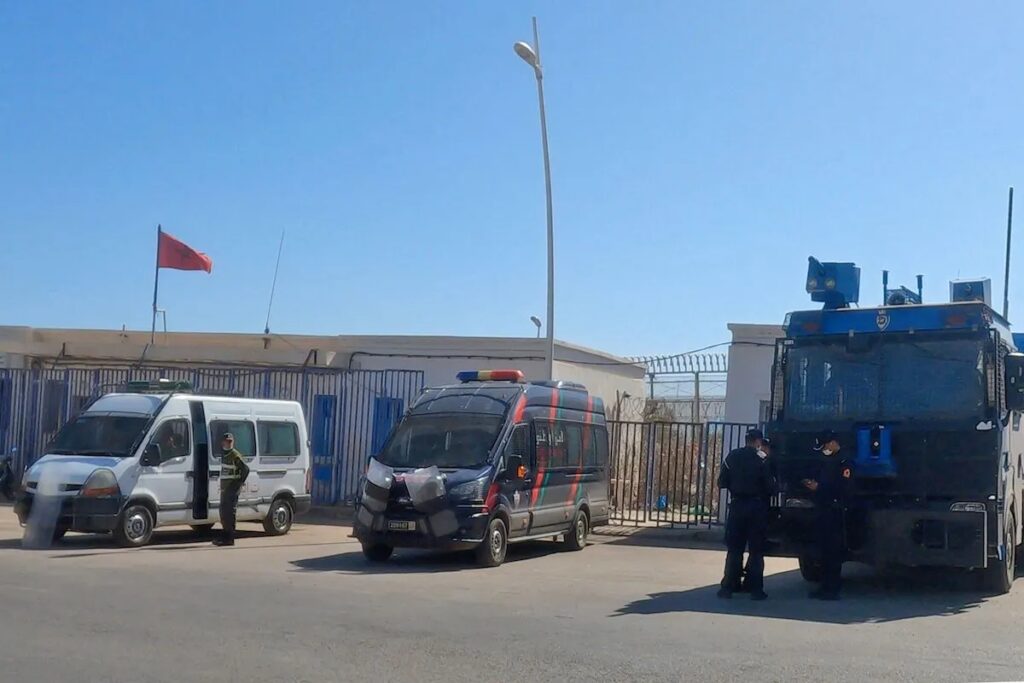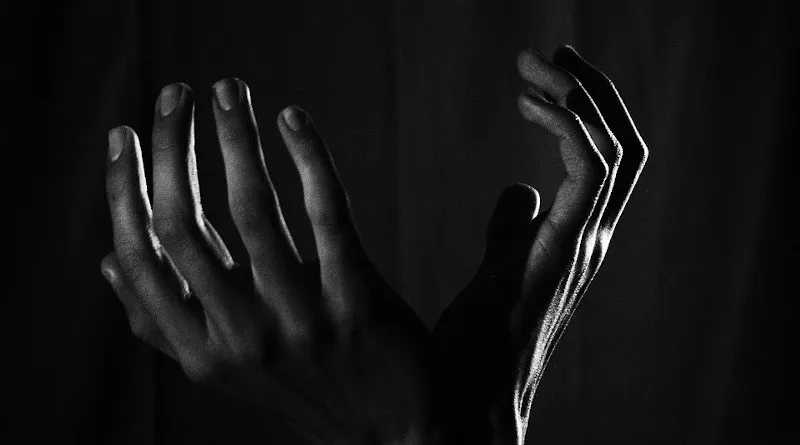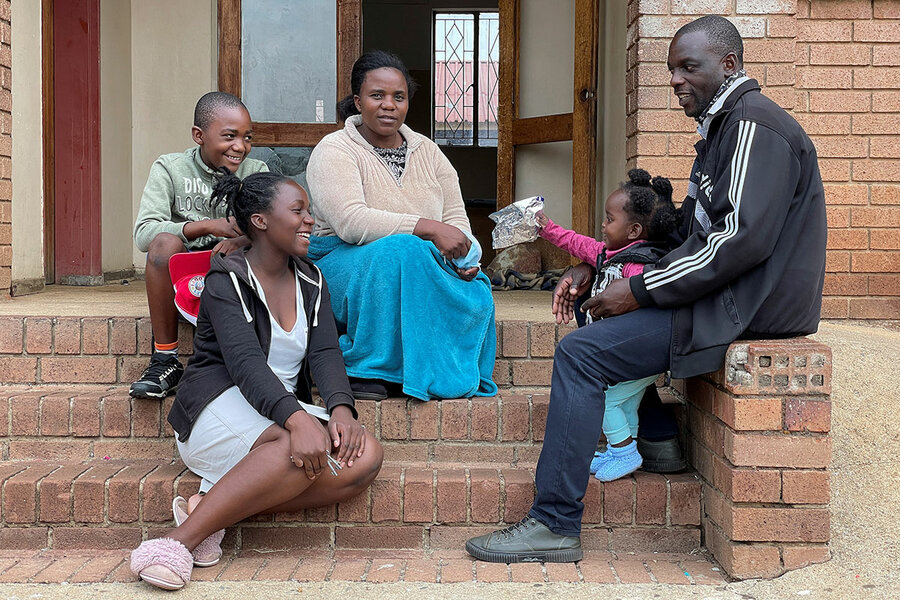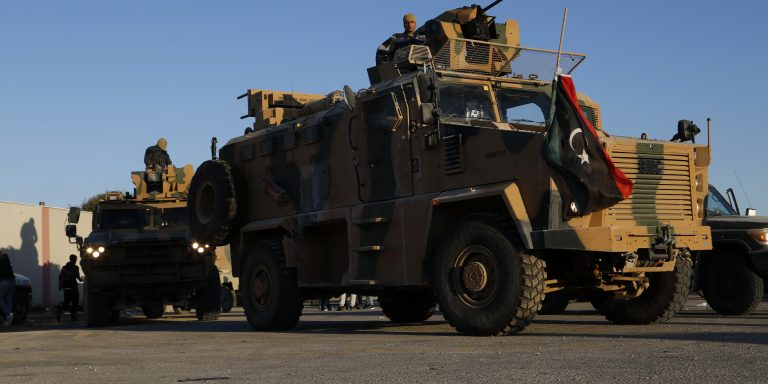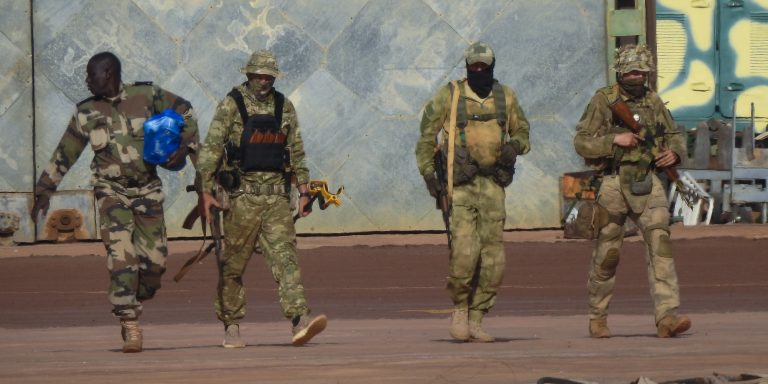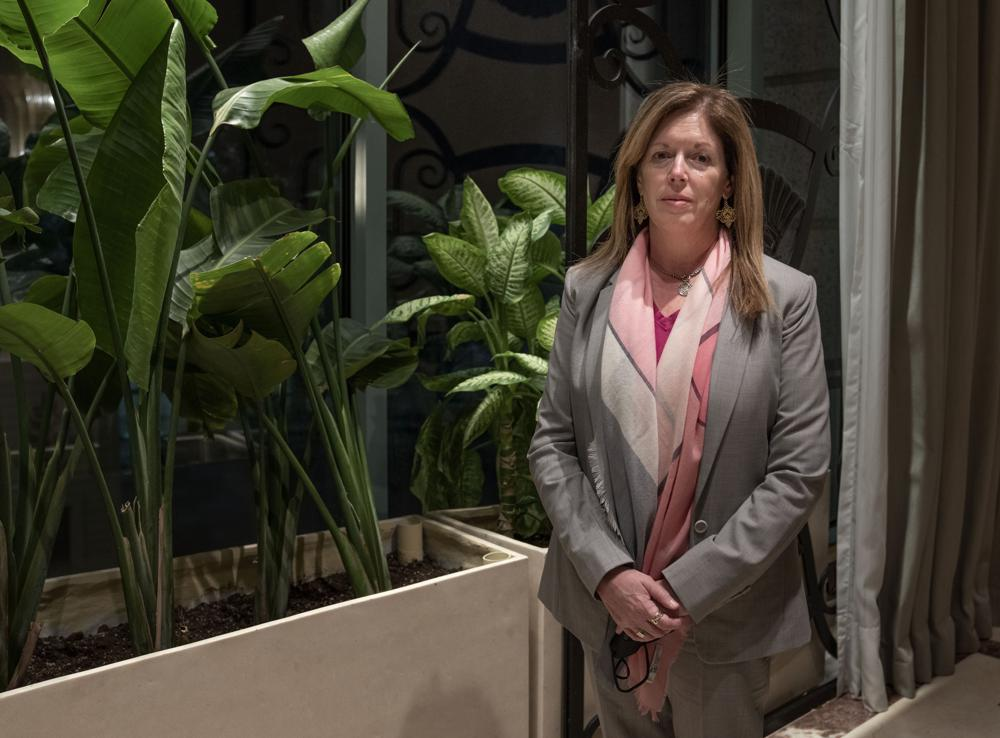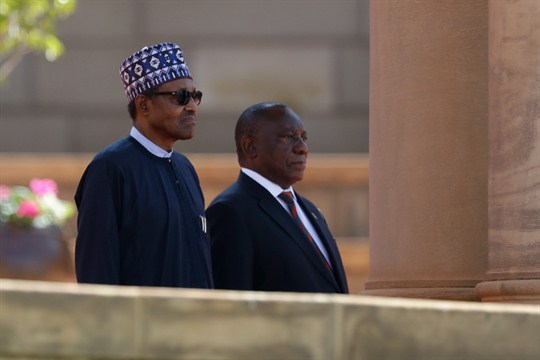Morocco/Spain: Horrific Migrant Deaths At Melilla Border
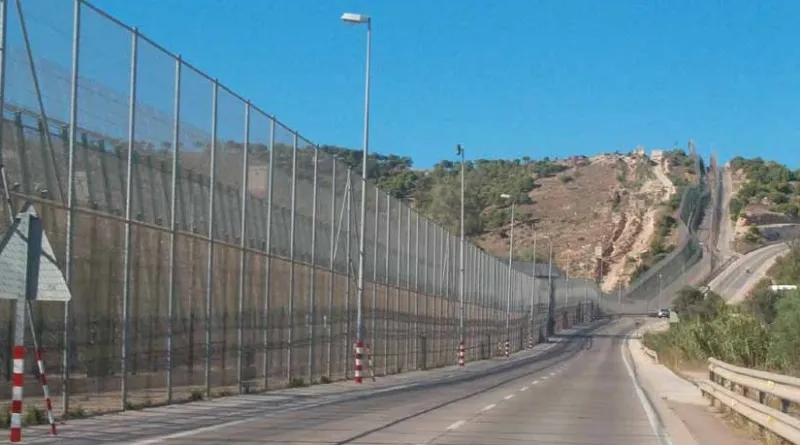
The deaths of at least 23 African men at the Melilla-Morocco border on June 24, 2022 requires an independent, impartial investigation capable of determining what occurred and who bears responsibility for such loss of life, Human Rights Watch said.

